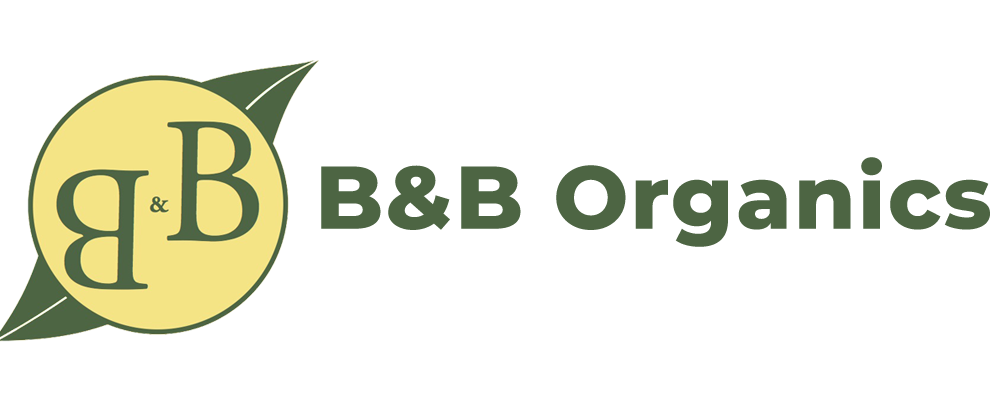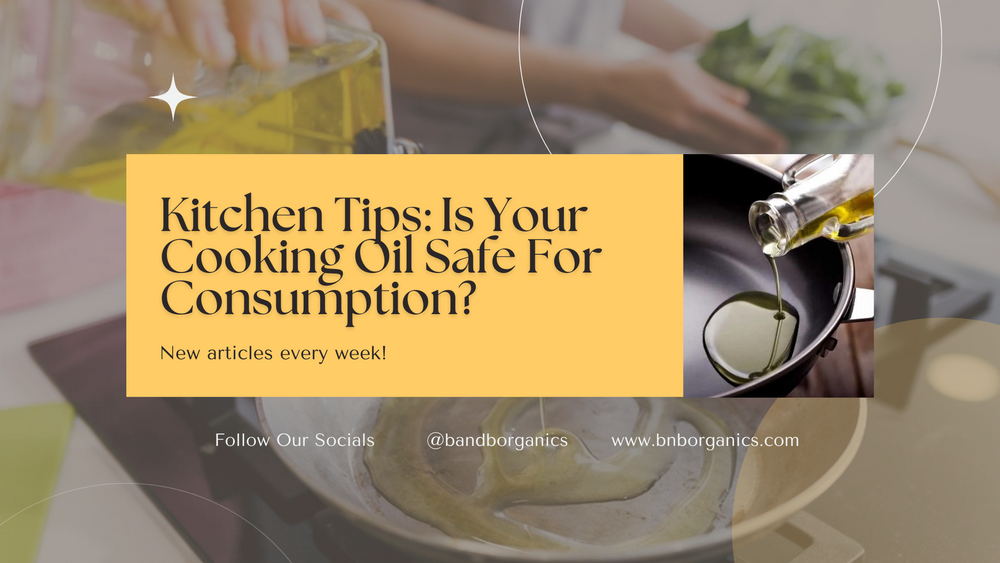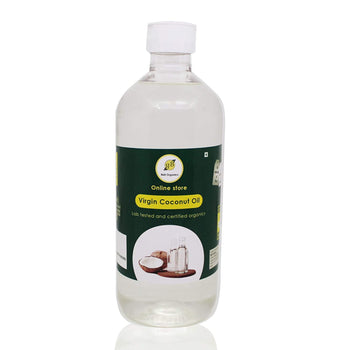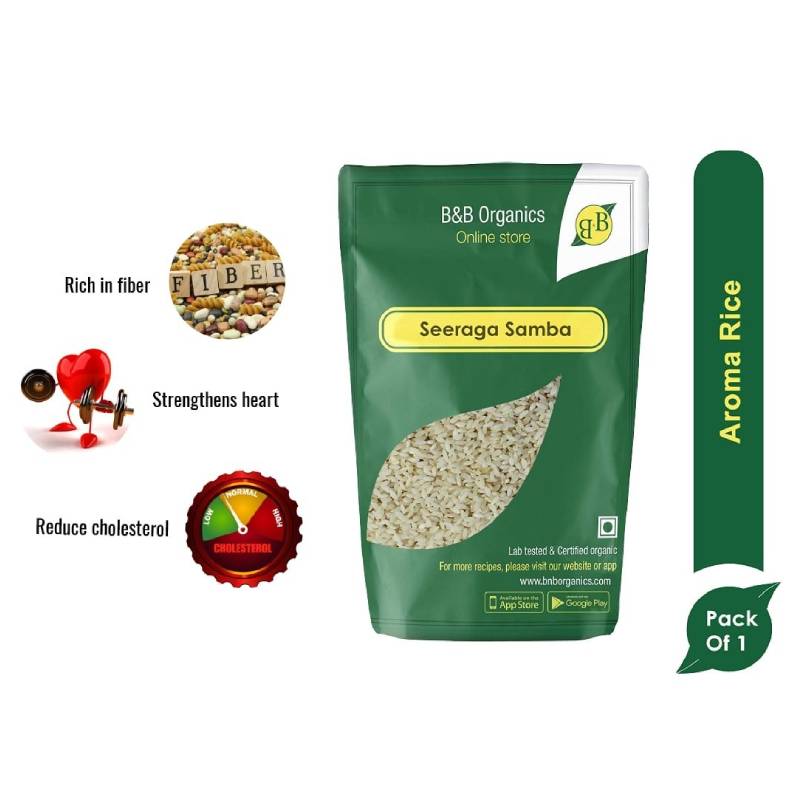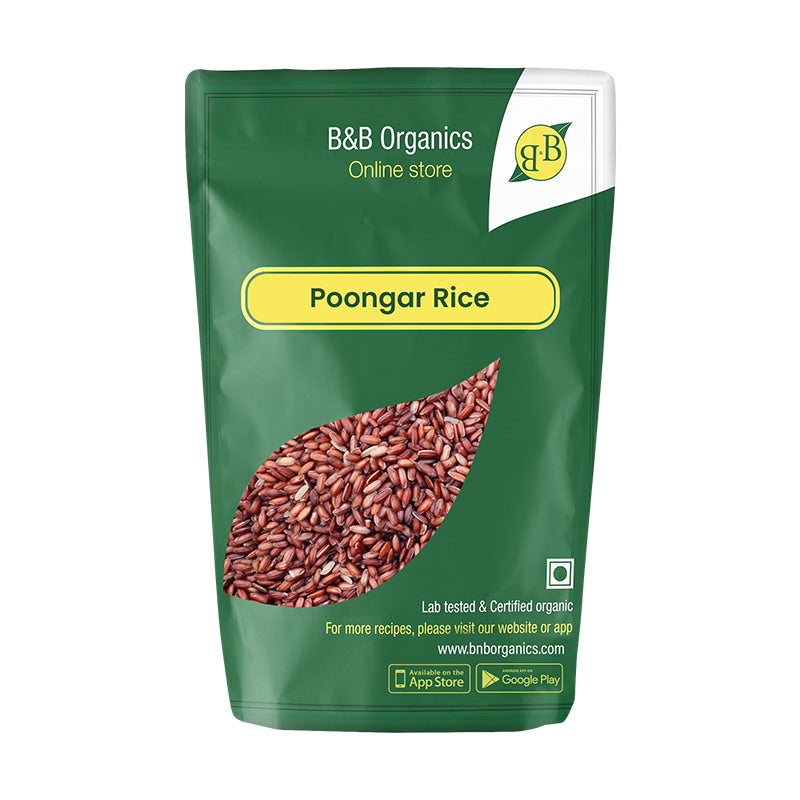When it comes to cooking, choosing the right oil is just as important as selecting the right ingredients. Cooking oil not only affects the taste of your food, but it also plays a crucial role in determining its nutritional value. However, not all cooking oils are created equal. Some oils are healthier than others, while some  are not safe for consumption at all. In this article, we'll explore how to determine if your cooking oil is safe for consumption.
are not safe for consumption at all. In this article, we'll explore how to determine if your cooking oil is safe for consumption.
Firstly, it's important to understand that cooking oil is made up of different types of fats, which can have varying effects on your health. The three main types of fats are saturated, monounsaturated, and polyunsaturated fats. Saturated fats are solid at room temperature and are typically found in animal products like butter, cheese, and fatty meats. They have been linked to heart disease and other health problems. Monounsaturated fats, on the other hand, are liquid at room temperature and are found in foods like olive oil, avocado, and nuts. They are considered healthy fats and can have a positive impact on your heart health. Polyunsaturated fats are also liquid at room temperature and are found in vegetable oils, nuts, and fish. They are also considered healthy fats, but it's important to choose the right type of polyunsaturated fat.
Now that you understand the different types of fats, let's take a closer look at how to determine if your cooking oil is safe for consumption.
Check the smoke point:
The smoke point is the temperature at which an oil starts to smoke and break down. When an oil reaches its smoke point, it can release harmful compounds that can be dangerous to your health. Different oils have different smoke points, so it's important to choose an oil that can handle the heat of your cooking method. For example, high-heat cooking methods like frying and sautéing require oils with high smoke points, such as canola oil or peanut oil.

Look for oils with healthy fats:
As we mentioned earlier, not all fats are created equal. When choosing a cooking oil, look for oils that are high in healthy fats like monounsaturated and polyunsaturated fats. Oils like olive oil, avocado oil, and canola oil are all good choices.
Avoid oils with trans fats:
Trans fats are a type of unsaturated fat that can be found in some cooking oils. They are known to raise cholesterol levels and increase the risk of heart disease. Look for oils that are labelled "trans fat-free" to avoid consuming these harmful fats.
Check the expiration date
Cooking oils can go rancid over time, which can make them unsafe for consumption. Check the expiration date on your oil before using it to make sure it's still fresh.
In conclusion, choosing the right cooking oil is an important part of making healthy and safe meals. By checking the smoke point, looking for healthy fats, avoiding trans fats, and checking the expiration date, you can ensure that your cooking oil is safe for consumption. Remember, small changes like choosing the right cooking oil can make a big difference in your overall health and well-being.
